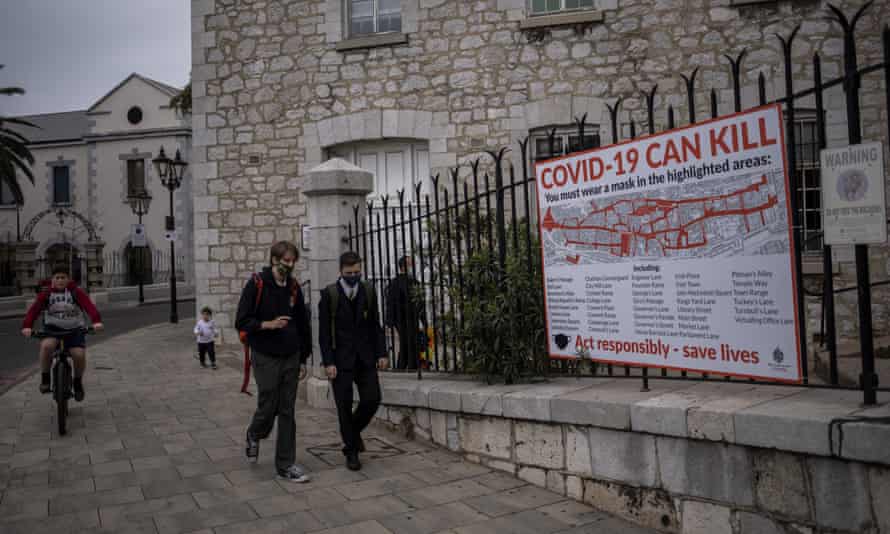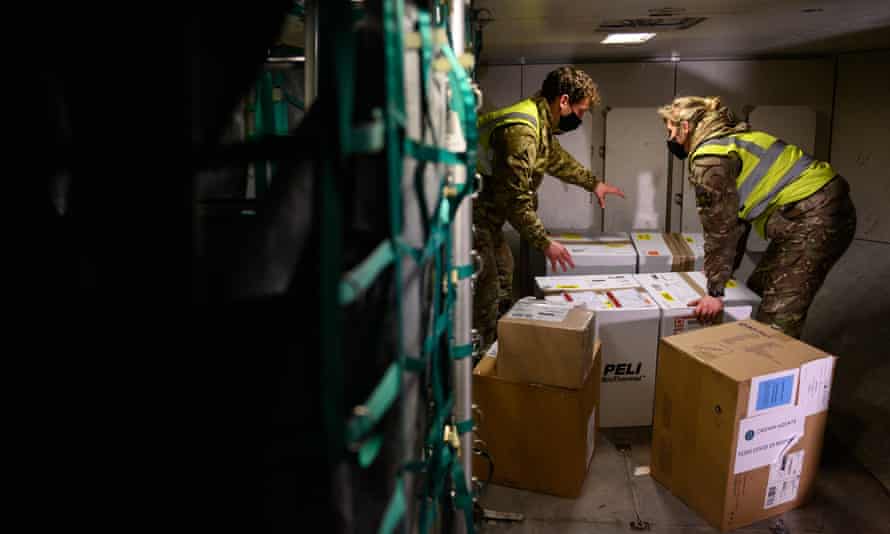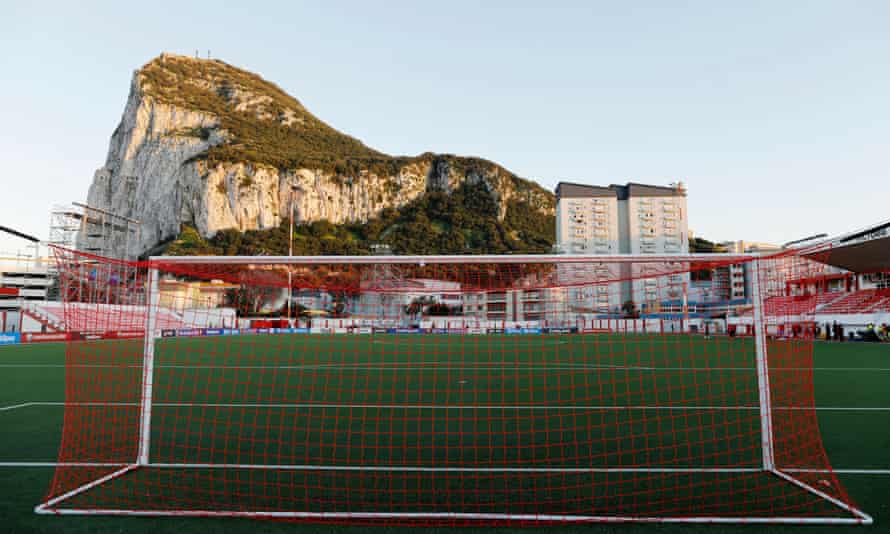This month Gibraltar’s health minister snapped a photo from her first dinner out in months, showing two glasses of red wine sitting prominently on the table and a face mask cast off in the background. “Operation freedom begins,” tweeted Samantha Sacramento alongside the photo.
Operation Freedom, the name given to Gibraltar’s vaccination programme, is now closing in on its target: in the coming days the British overseas territory will become one of the first places in the world where every willing resident over the age of 16 has been fully vaccinated.
“It’s pretty much mission accomplished,” said Sacramento. “It does feel much better, much easier and as if we’re getting back to normal.”
More than 90% of Gibraltar’s 33,000 residents have now had two doses of the vaccine. Save for the 3% or so who declined the jab, the rest are expected to receive their second dose in the coming days, igniting hopes that the territory can turn the page on a pandemic that has killed 94 residents and infected more than 4,200.
The vaccine drive has also stretched into neighbouring Spain, where doses have been offered to the more than 10,000 workers who cross into Gibraltar regularly.
Hints of a post-Covid era have started to sprout across the territory; bars and restaurants are open until 2am, the curfew has been eliminated and mask-wearing mandates are soon to be eased to cover enclosed public spaces and public transport. The number of cases in the territory has dwindled to 15, and the hospital has zero Covid-19 patients.

The milestone was recently hailed by the UK’s health secretary, Matt Hancock, in the House of Commons – albeit more than a week prematurely and overlooking reports that Vatican City and the remote British territory of Ascension Island in the South Atlantic were among the first places in the world to be fully vaccinated.
“I am delighted to be able to tell the house that yesterday Gibraltar became the first nation in the world to complete its entire adult vaccination programme,” Hancock told MPs last week.
Key to Gibraltar’s swift vaccine rollout was its tiny population, densely packed across an area of less than three square miles, and the uninterrupted supply of vaccines, most of them the Pfizer/BioNTech jab, sent from the UK since early January.
The steady shipments, delivered to the southern tip of the Iberian peninsula by the Royal Air Force, have sharply contrasted with the situation across much of the continent, adding fuel to the centuries-old sovereignty dispute between Britain and Spain over the territory.
“The overwhelming view I think everybody in Gibraltar feels is thank God we’re British at this time,” said Fabian Picardo, the territory’s chief minister.

The shipments began arriving just as the virus tightened its grip on the Rock. “It was devastating,” said Picardo. “We lost 84 people in the space of 60 days.” It was Gibraltar’s “most desperate and devastating winter,” he said. “And we now enter our most hopeful spring.”
The territory is positioning itself as a real-time case study, feeding data to officials in the UK as it gingerly experiments with what it means to be fully vaccinated when access to the vaccine remains unequal and new variants continue to emerge.
The coming weeks will test the resumption of mass events, with up to 600 spectators – 30% of capacity – allowed to take in a Fifa World Cup qualifier between Gibraltar and the Netherlands at the end of the month. Attendees will be limited to those who have had two doses of the vaccine or a recent bout of Covid-19, and all will have to test negative for the virus on matchday before being allowed in. “We’re putting our toe in the water,” said Picardo.
The territory is also hoping to broach the possibility of travel corridors with the UK that could offer relief for those clamouring for a Mediterranean getaway, he said. “Gibraltar will be the one part of the European continent where a British vaccinated person will be travelling almost as if they were travelling to another part of the United Kingdom.”

As the Rock slowly wades out of its Covid-induced hibernation, the data will be carefully tracked at each stage. “If we’re vaccinated, it gives us an element of safety,” said Sacramento, the health minister. “But the jury is still out. We still don’t have enough data or evidence to tell us the extent of safety.”
Any swift return to pre-Covid life is likely to be tempered by the psychological remnants of a year spent avoiding most physical contact, she added. “Here in Gibraltar we’ve got the kind of culture where we are very open, very friendly and people will greet each other with a hug or a kiss. But I don’t see them doing that now,” she said. “I think that we’ve become a little bit socially guarded.”
This content first appear on the guardian
